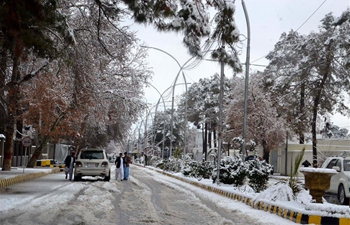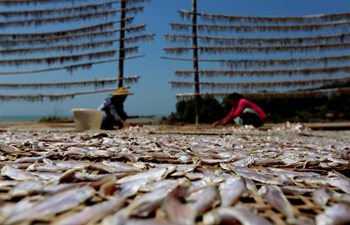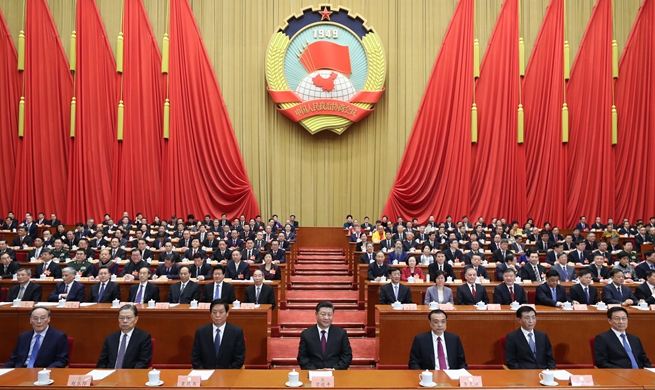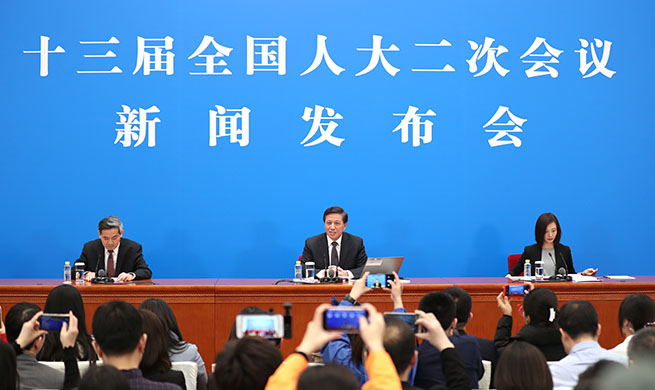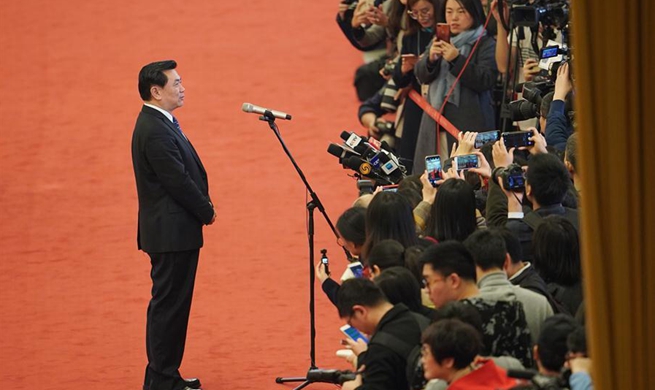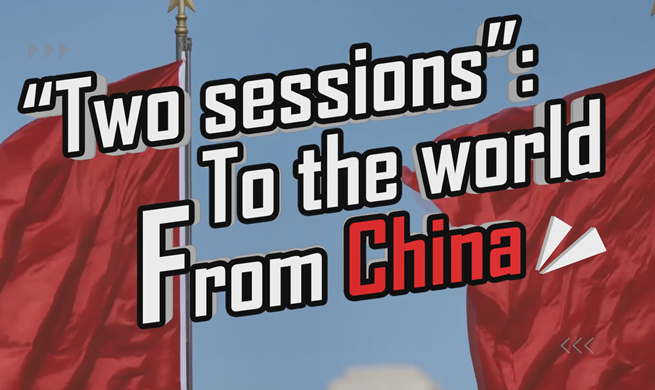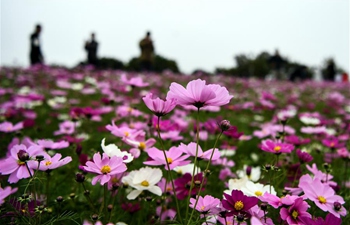by Olatunji Saliu
ABUJA, March 4 (Xinhua) -- The China-proposed Belt and Road Initiative (BRI) aimed at advancing global partnership can help Africa, the world's second largest and second most-populous continent, to be better engaged in the international system, an expert has said here.
In a recent interview with Xinhua in Abuja, Charles Onunaiju, director of Center for China Studies in Nigeria, said the all-inclusive initiative offers the most concrete features of development to the African continent.
When Africa began to decolonize 60 years ago, the Pan-Africanism has been gaining momentum and one of the calls of the movement is to build a continent that engages with herself, trades with herself and make it more convenient for African people to reach out to each other, said Onunaiju.
Unfortunately, these dreams did not come true because of existential difficulties in geographical and institutional connectivity, he said.
Now that the BRI offers what has been missing to make Pan-Africanism a reality, he said, adding that the initiative has provided regional connectivity so that the local people are more engaged with each other.
"It will fill the historic vacuum that has existed since decolonization," he added. "The BRI is most essential to Africa, and for the continent's development."
Moreover, "Africa has a unique opportunity to key into the international system through this BRI," Onunaiju said.
Last September, over a dozen African countries signed up to become formal BRI partners at the 2018 Beijing Summit of the Forum on China-Africa Cooperation, including Nigeria, the continent's largest economy.
The international affairs expert said he expects to see a stronger partnership between China and Africa, and the rest of the world, through cooperations around the initiative.
"I believe that Africa has been marginalized out of the international system. As a unique opportunity (for Africa) to enter into the international system as a key driver, not as an onlooker, the Belt and Road Initiative offers a new governance system of international relations that is participatory and inclusive," he said.
The BRI, first proposed by Chinese President Xi Jinping in 2013, refers to the Silk Road Economic Belt and the 21st Century Maritime Silk Road, which aims to build a trade and infrastructure network connecting Asia with Europe, Africa and beyond.
Onunaiju said that the essence of this initiative, in his view, is recognizing the universal aspiration of humanity for a peaceful world, sustainable and inclusive development, building a community with a shared future for mankind, as well as fulfilling the aspiration through building a network of infrastructure, ensuring people-to-people contact and generating an inclusive global village.



